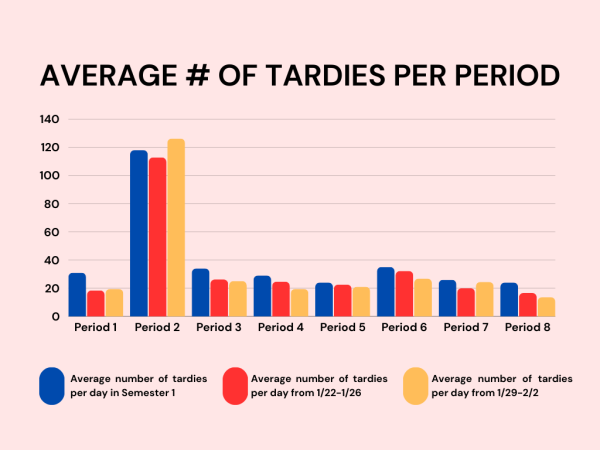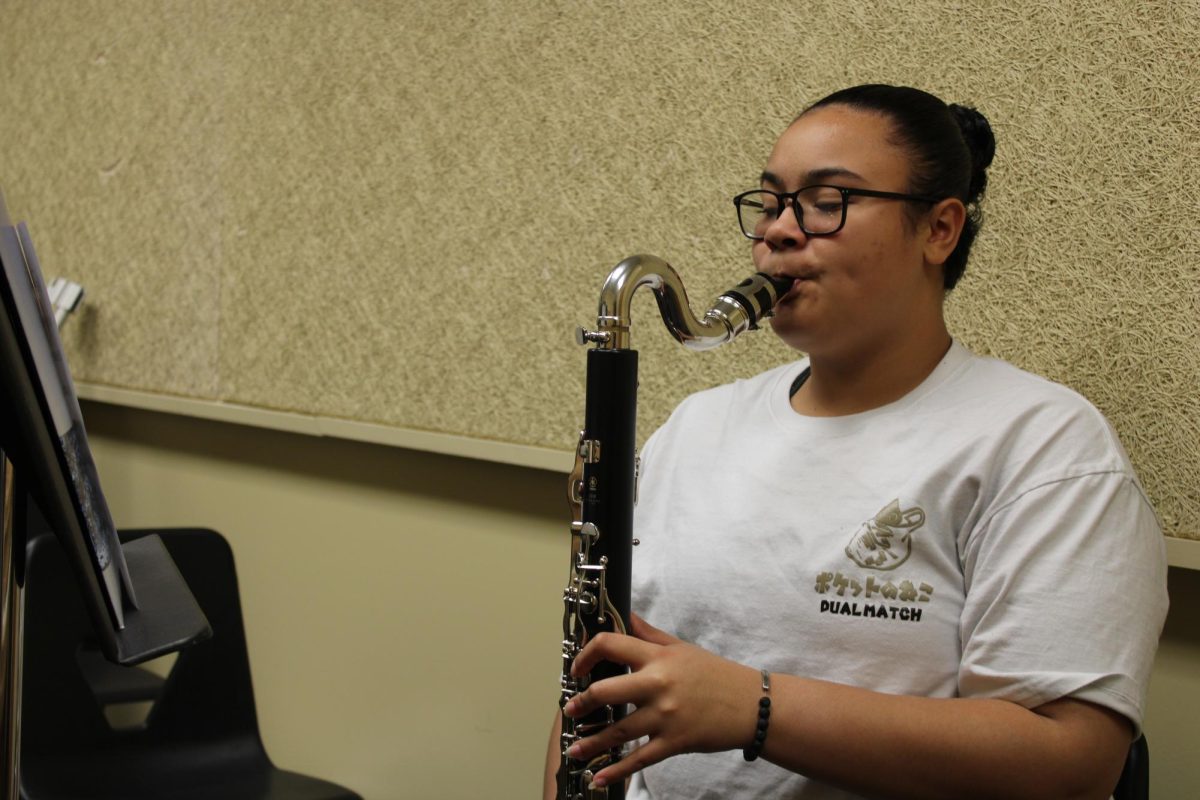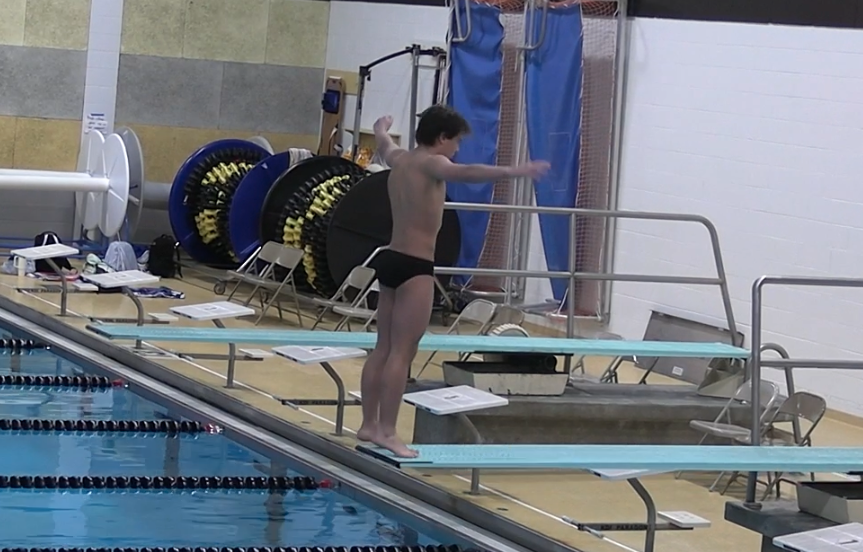 In the past, being tardy to class usually resulted in a “slap on the wrist” sort of punishment. Teachers may hand students a tardy slip, email home or, occasionally, assign detentions. This year, however, being tardy could mean being caught in the net of LSE’s new tardy policy: the Tardy Sweep.
In the past, being tardy to class usually resulted in a “slap on the wrist” sort of punishment. Teachers may hand students a tardy slip, email home or, occasionally, assign detentions. This year, however, being tardy could mean being caught in the net of LSE’s new tardy policy: the Tardy Sweep.
This new policy was implemented in order to curb an alarming trend. During the 2023 Fall Semester, LSE saw a 30% increase in tardies in just one school year. Even though LSE has the least amount of tardies out of any high school in the LPS district, it now has the highest rate of increase of tardies as well. This drastic rise in tardies had the LSE administration scrambling to understand this change, as well as address the problem.
Their solution: School-wide “Tardy Sweeps” implemented to catch students during passing periods who were still in the halls, even after the bell.
LSE Administrator Ryan Gottula, who is in charge of organizing the Tardy Sweeps, said that the administrative team looked at data from the beginning of the school year and were concerned by the increase in tardies to class.
“We want students in class on time and learning,” Gottula said. “A lot of important information gets covered throughout class and the beginning of class and we just want to create that culture of being on time and being respectful and responsible.”
However, the Tardy Sweep is not wholly new to LSE. These sweeps were implemented last year, but, according to Gottula, they are now used more frequently to help reduce the number of tardies.
“With the Tardy Sweep, if a student is in the hall without a pass or tardy to class, [they will] receive a detention slip,” Gottula explained. “They can either [serve detention] during lunch or after school.”
But are Tardy Sweeps truly working and reducing the number of tardies? Gottula says that the administration has seen better data and less tardies.
“The data for the second semester is positive. It’s going in the right direction,” Gottula said.
For LSE students who are subject to the policy, many have mixed feelings on the effectiveness of the sweeps.
In a survey of 235 LSE students, 48.9% believe the policy is somewhat effective in getting students to class on time, 17% feel it is definitely working, 28.5% said it is not effective and the remaining respondents were unsure whether or not it is effective.
For those students who believe the Tardy Sweeps are not the solution the school needs, many responded in the survey saying that they felt that it was implemented the wrong way, having an unfair punishment for students who rarely have tardies.
For junior Marley Schroeder, the sweeps cause more stress while trying to navigate the crowded halls, especially for students who have to travel from one end of the building to another.
Schroeder has to navigate from M Hall to the end of F Hall and finds it difficult to get there on time, given that her choir class doesn’t conclude until the bell. One day, Schroeder said she didn’t make it to class on time and was caught in a tardy sweep.
“I had to serve lunch detention, but that lunch period I had to leave for a community performance,” Schroeder said. “I ended up being late because I had to stay the full 30 minutes.”
For students who don’t drive themselves to school, the Tardy Sweeps before 2nd period feel like a punitive punishment.
“When I’m late to school, I have no control over that so it makes it unfair to get a slip at the beginning of the day,” sophomore Mykel Gonzalez said.
With all this in mind, the opinions on the Tardy Sweeps, whether it be from a student, admin, teacher, or parent, are all vastly different.





















Tootie Carroll • Mar 5, 2024 at 2:35 PM
Amazing! So well written! Thank you Jackson